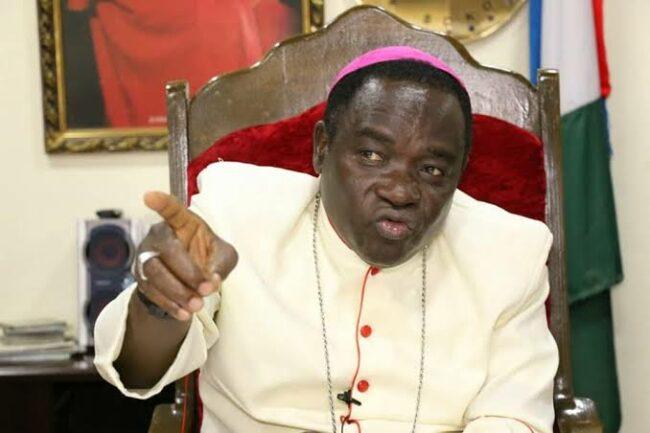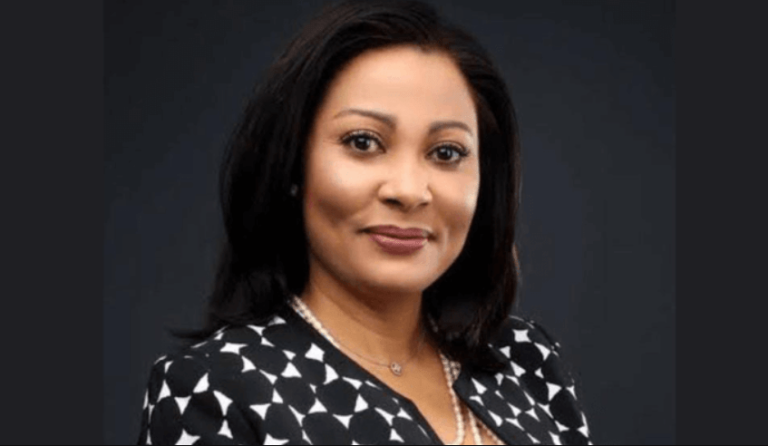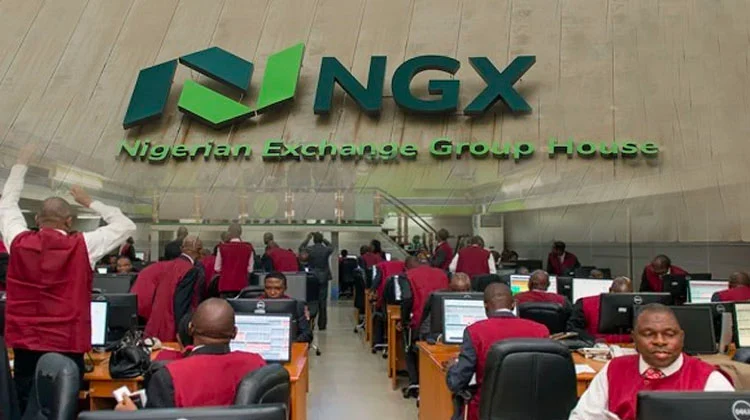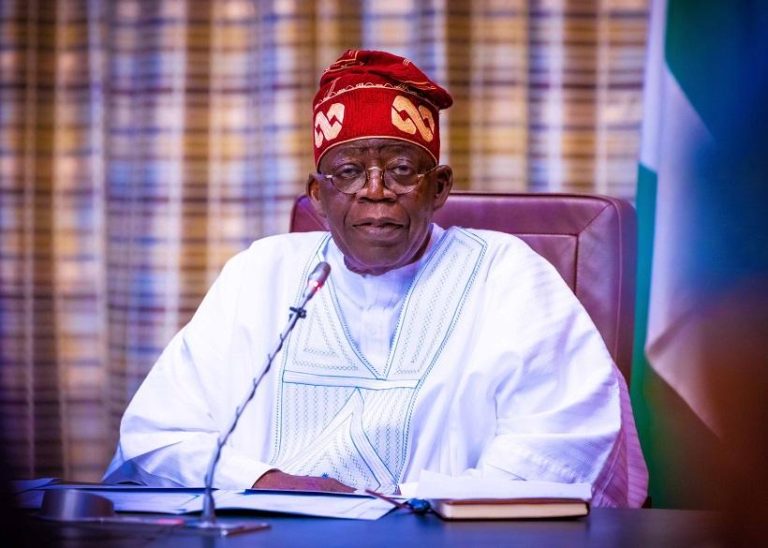
The Sultan of Sokoto, Muhammadu Sa’ad Abubakar, and the Catholic Bishop of Sokoto, Matthew Kukah, have called on Nigerians to put aside religious divides and unite in the pursuit of peace, good governance, and national progress.
Both leaders made the call on Friday at the unveiling of Scars: Nigeria’s Journey and the Boko Haram Conundrum, a memoir written by former Chief of Defence Staff, Gen. Lucky Irabor (rtd.), in Abuja.
Sultan: “Islam Seeks Good Governance, Not Power”
Speaking at the event, the Sultan urged Nigerians to see themselves as members of “one big family with different backgrounds” working towards the nation’s progress.
He dismissed suggestions that Islamism is synonymous with a quest for political dominance, insisting that the religion’s true essence is justice and accountability.
“Islamism is not aimed at seizing power in any forum. Islam is after good governance in society,” he said.
“President Goodluck Jonathan was President; we gave him 100 per cent support. Nobody said anything negative against him. So, the notion that Islamism is about seizing power is wrong. We’re after good governance.”
The monarch recalled being misrepresented in 2019 when, after a lecture on Islam and good governance, critics accused him of opposing former President Muhammadu Buhari’s second term. He stressed that his comments were not political but rooted in Islamic principles of leadership.
He further emphasised that extremism has no place in Islam:
“We have a code of conduct as Muslims. Islam abhors extremism. You cannot be an extremist and claim to be a good Muslim. When discussing insecurity, we must be careful with our words and unite to build a better country.”
Kukah: “Religion Must Not Be Weaponised”
Bishop Kukah, in his remarks, called for mutual respect between Christians and Muslims as a cornerstone of national unity.
He explained that his use of the term Islamism referred not to Islam as a faith, but to the political manipulation of religion for power.
“Islamism, just like political theology in Christianity, is the instrumentalisation of religion as a tool for governance. Good Muslims and good Christians can fully participate in democracy. But when religion is used to enforce power, it becomes destructive—even to the religion itself,” Kukah said.
He warned that extremism had already fueled divisions and violence in Nigeria, and could further endanger the country if unchecked.
“Yes, Christians are being killed, but the bigger question is: when will we see this as Nigerians being killed? Islamism threatens the very foundations of Islam as a sacred religion. This was how Boko Haram started. Religious leaders and politicians must respect boundaries.”
Kukah added that extremism is sustained by wealthy sympathisers who secretly fund violence:
“There are Boko Haram sponsors with fat bank accounts. Injury to one is injury to all, and we must collectively confront this danger.”
A Shared Call for Unity
Both leaders stressed that Nigeria’s diversity should be a source of strength, not division, urging citizens and leaders alike to rise above sectarian politics and extremism to build a stronger, more united nation.



